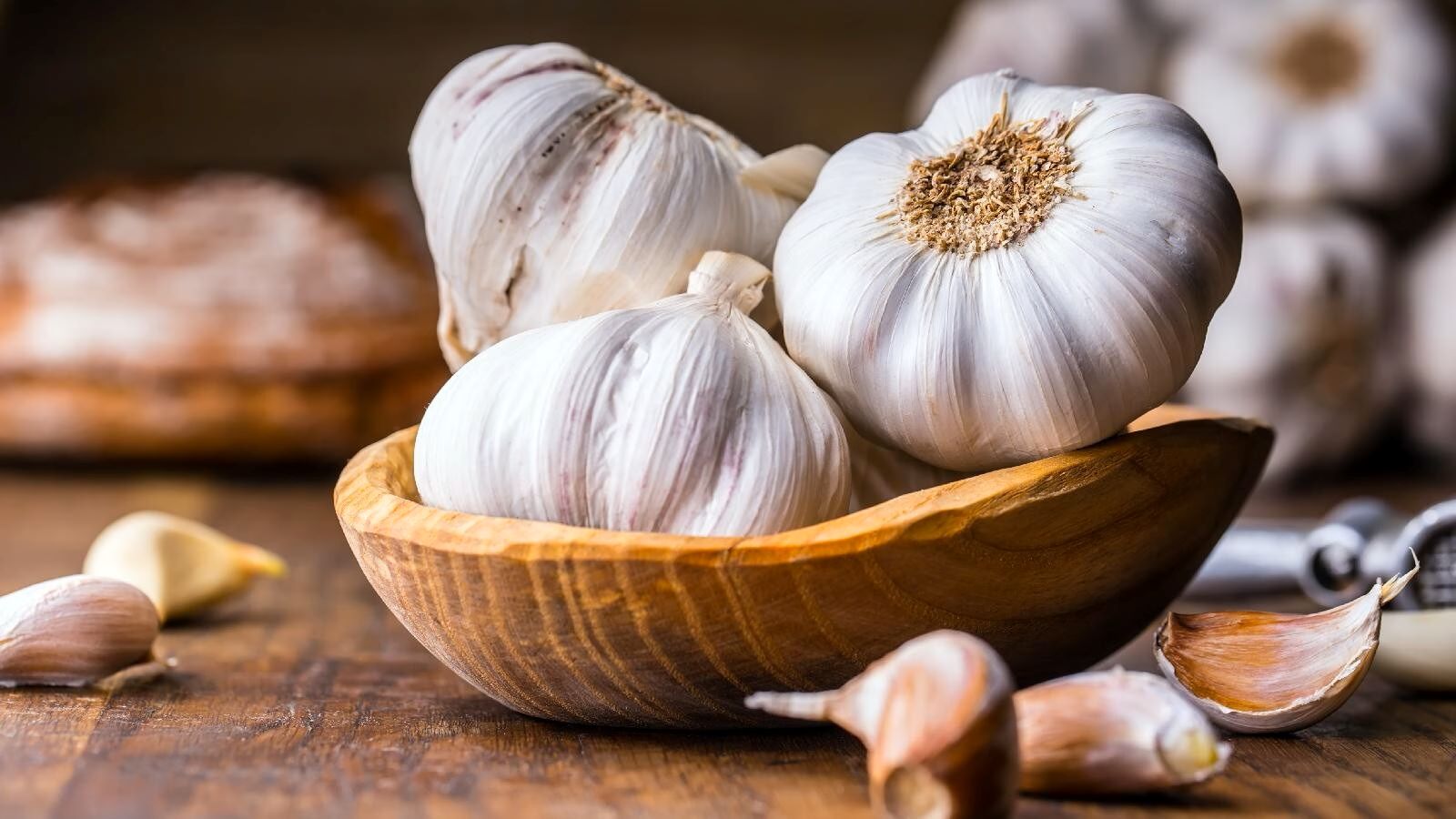

Articles
How To Store Garlic So It Doesn’T Smell
Modified: August 25, 2024
Discover effective ways to store garlic and prevent unpleasant odors with our informative articles.
(Many of the links in this article redirect to a specific reviewed product. Your purchase of these products through affiliate links helps to generate commission for Storables.com, at no extra cost. Learn more)
Introduction
If you’re a fan of adding a burst of flavor to your dishes, then garlic is likely a staple ingredient in your kitchen. Known for its distinct aroma and taste, garlic is a versatile ingredient that can elevate the flavor profile of any dish. However, one drawback of using garlic is its tendency to leave behind a strong odor that can linger in your kitchen and on your hands long after cooking.
Whether you’re heading out for a social gathering or simply want to avoid overwhelming your senses with the smell of garlic, knowing how to store garlic properly can help minimize its pungent odor. In this article, we’ll explore different methods of storing garlic to ensure that it remains fresh and flavorful while keeping the smell at bay.
Before we dive into the storage methods, let’s briefly understand why garlic emits such a powerful scent.
Key Takeaways:
- Properly storing garlic in the pantry, refrigerator, or freezer can preserve its freshness and flavor while minimizing its pungent odor, allowing you to enjoy the benefits of garlic without overwhelming smells.
- By implementing additional tips such as washing hands with stainless steel, using lemon juice, and employing ventilation, you can further minimize the lingering odor of garlic in your kitchen and on your hands, leaving your space smelling fresh and clean.
Read more: How To Store Garlic In Freezer
Why Garlic Smells
Garlic is a member of the Allium family, which also includes onions, shallots, and leeks. These plants naturally contain sulfur compounds, such as allicin, which give garlic its distinctive smell and taste. When garlic cloves are cut, crushed, or minced, these sulfur compounds are released, resulting in the strong odor that lingers in the air and on your hands.
Interestingly, the smell of garlic is not directly caused by allicin itself but rather by the by-products formed when the enzyme alliinase reacts with allicin. These by-products, including diallyl disulfide and diallyl trisulfide, are volatile and easily evaporate into the air, giving garlic its characteristic aroma.
While the strong smell of garlic may be desirable while cooking, it can become overwhelming and bothersome when it permeates your kitchen or lingers on your hands. That’s why it’s important to store garlic properly to minimize its odor.
Now that we understand why garlic smells, let’s explore different storage methods that can help keep its pungent scent under control.
Different Methods to Store Garlic
When it comes to storing garlic, there are several methods you can choose from depending on your preferences and the shelf life you desire for your garlic. Here are three popular methods:
- Storing Garlic in the Pantry: This method involves storing garlic bulbs in a cool, dark, and well-ventilated area, such as a pantry or cupboard. Simply keep the garlic bulbs loose or in a mesh bag, ensuring good airflow around them. This method is ideal for those who use garlic frequently and want easy access to it. However, keep in mind that garlic stored in the pantry may not last as long as other methods, usually up to 2-3 months.
- Storing Garlic in the Refrigerator: Another option is to store garlic in the refrigerator. To do this, place whole garlic bulbs or unpeeled cloves in a breathable container, such as a mesh bag or paper bag, and store them in the vegetable drawer of your refrigerator. The cool temperature will help slow down the enzyme activity that causes garlic to spoil, resulting in a longer shelf life of up to 3-5 months. However, keep in mind that refrigeration may cause the cloves to sprout or become rubbery.
- Storing Garlic in the Freezer: Freezing garlic is a great option if you want to prolong its shelf life for an extended period. To freeze garlic, peel and chop the cloves or mince them into a paste. Place the chopped garlic or paste into ice cube trays, cover with a little bit of water or oil, and freeze until solid. Once frozen, transfer the garlic cubes or paste portions into a freezer-safe container or bag. Frozen garlic can last up to 9-12 months without losing its flavor. Freezing garlic is especially convenient if you love the convenience of pre-minced garlic or frequently use garlic in large quantities.
Now that you know different methods to store garlic, let’s explore each method in more detail and discuss the best practices for each.
Storing Garlic in the Pantry
Storing garlic in the pantry is a popular method for those who regularly use garlic in their cooking and want quick accessibility. Here’s how you can properly store garlic in the pantry:
- Choose the right location: Find a cool, dark, and well-ventilated area in your pantry or cupboard. Avoid storing garlic near sources of heat, such as the stove or direct sunlight, as this can cause the garlic to spoil more quickly.
- Keep the bulbs intact: Place whole garlic bulbs in a mesh bag or a container with holes to allow for proper airflow. This prevents moisture buildup and helps to keep the garlic fresh for a longer period.
- Avoid sealing or refrigerating: Unlike other fruits and vegetables, garlic does not benefit from being sealed in an airtight container. Additionally, refrigerating garlic can cause it to sprout or become rubbery, compromising its freshness and flavor.
- Check for signs of spoilage: Periodically inspect your stored garlic for any signs of mold, discoloration, or sprouting. If you come across any bulbs that have gone bad, remove them immediately to prevent the spoilage from spreading to the rest of the garlic.
Storing garlic in the pantry can keep it fresh for about 2-3 months. However, keep in mind that the shelf life may vary depending on the freshness of the garlic when you purchased it.
When using garlic from the pantry, remember to handle each bulb with care. Break off the cloves as needed and peel them just before using to retain the maximum flavor and aroma. If any of the cloves have started to sprout, simply remove the sprout before using the garlic.
By properly storing garlic in the pantry, you can have easy access to fresh garlic whenever your culinary creations call for it, without the worry of overpowering odors.
Storing Garlic in the Refrigerator
If you want to extend the shelf life of your garlic and keep it fresh for a longer period, storing it in the refrigerator is an excellent option. Here’s how you can store garlic in the refrigerator:
- Choose the right container: Opt for a breathable container like a mesh bag or a paper bag to store your garlic in the refrigerator. These containers allow for proper air circulation and help prevent moisture buildup, which can cause the garlic to spoil.
- Keep the garlic intact: Store whole garlic bulbs or unpeeled cloves in the container, ensuring that there’s enough space for air to circulate around them. Avoid storing peeled garlic cloves as they are more susceptible to moisture and may spoil faster.
- Place in the vegetable drawer: Store the garlic container in the vegetable drawer of your refrigerator. This drawer provides a slightly cooler temperature and helps maintain the humidity that garlic requires for optimal storage.
- Check for freshness: Regularly inspect the garlic for any signs of spoilage. Remove any cloves that have mold, are discolored, or have sprouted to prevent the spoilage from spreading to the rest of the garlic.
When stored properly in the refrigerator, garlic can stay fresh for about 3-5 months. However, it’s important to note that refrigeration can cause the garlic cloves to sprout or become rubbery in texture. Therefore, it’s best to use refrigerated garlic within a reasonable timeframe to ensure optimal flavor and quality.
When using garlic from the refrigerator, take out the cloves as needed and peel them just before using. This ensures that the garlic retains its maximum flavor and aroma.
Storing garlic in the refrigerator is a great option if you don’t use it frequently or if you have a large quantity that needs to be stored for an extended period. It helps to keep the garlic fresh and prevents it from spoiling before you can use it.
Store garlic in a cool, dark, and well-ventilated place to prevent it from sprouting and developing a strong odor. Avoid storing it in the refrigerator as it can cause the garlic to become moldy.
Read more: How To Store Unpeeled Garlic
Storing Garlic in the Freezer
If you want to preserve garlic for an extended period or have a large quantity that you won’t be using right away, storing garlic in the freezer is the perfect solution. Here’s how you can store garlic in the freezer:
- Prepare the garlic: Peel and chop the garlic cloves or mince them into a paste, depending on your preference. The smaller the pieces, the easier it will be to measure and use later.
- Portion and freeze: Divide the chopped or minced garlic into small portions and place them into ice cube trays. You can also use silicone molds or even small freezer-safe containers. Cover the garlic with a little bit of water or oil to help prevent freezer burn.
- Freeze until solid: Place the ice cube trays or containers in the freezer and allow the garlic to freeze until solid. This usually takes a few hours.
- Transfer to freezer-safe bags or containers: Once the garlic is frozen, remove the garlic cubes or portions from the trays and transfer them into a freezer-safe bag or container. Label the container with the date to keep track of its freshness.
- Store for up to 9-12 months: Frozen garlic can retain its flavor and aroma for up to 9-12 months. However, to ensure the best quality, try to use the frozen garlic within the first six months.
When you’re ready to use the frozen garlic, simply take out the desired amount of cubes or portions and add them directly to your dish. There’s no need to thaw the garlic beforehand, as the small pieces will melt and distribute the flavor evenly throughout your food.
Freezing garlic is a convenient option if you love the convenience of pre-minced garlic or if you find yourself having an excess amount of fresh garlic that you don’t want to go to waste. It allows you to have garlic on hand whenever you need it, without compromising on flavor or aroma.
Remember to seal the freezer-safe bag or container tightly after each use to prevent freezer burn and maintain the quality of the garlic.
Now that you know how to store garlic in the freezer, you can enjoy the flavor and benefits of fresh garlic all year round.
Properly Handling and Preparing Garlic
To get the most out of your garlic and ensure maximum flavor in your dishes, it’s important to handle and prepare garlic properly. Here are some tips to help you handle and prepare garlic like a pro:
- Choose fresh garlic: When purchasing garlic, look for bulbs that are firm and have tight, unbroken skin. Avoid bulbs that feel soft or have sprouted, as they may be past their prime.
- Store garlic correctly: As we discussed earlier, store garlic in a cool, dark, and well-ventilated place. This will help maintain its freshness and flavor.
- Peel garlic with ease: To peel individual garlic cloves, place them on a cutting board and gently crush them with the flat side of a chef’s knife. This will loosen the skin and make it easier to remove.
- Minimize contact with hands: Garlic can leave a strong odor on your hands, which can be tough to get rid of. To minimize contact, use a garlic press or a food processor to mince garlic cloves. This will save you time and effort and reduce the chance of lingering garlic smell on your hands.
- Chop or crush garlic: When adding garlic to your dish, chop or crush it to release its flavorful oils. Crushing the garlic cloves with the side of a knife and then finely chopping them will help maximize their flavor.
- Add garlic at the right time: Garlic can quickly burn if added to a hot pan too early. To prevent this, add minced garlic towards the end of cooking or follow the recipe’s instructions to ensure that it cooks evenly without getting bitter or burnt.
- Experiment with roasted garlic: Roasting garlic brings out its natural sweetness and enhances its flavor. Simply cut off the top of a garlic bulb, drizzle it with olive oil, wrap it in foil, and roast it in the oven until it becomes soft and caramelized. Use roasted garlic in spreads, sauces, or as a delicious addition to roasted vegetables.
Properly handling and preparing garlic will ensure that you maximize its flavor and aroma in your dishes. By following these tips, you can make the most of this versatile ingredient and elevate your culinary creations to new heights.
Other Tips to Minimize Garlic Odor
While storing garlic properly can help minimize its odor, there are a few additional tips you can follow to further reduce the strong smell of garlic. Consider implementing the following practices:
- Wash your hands with stainless steel: After handling garlic, wash your hands thoroughly with stainless steel objects, such as a stainless steel soap bar or a stainless steel spoon. This can help neutralize and eliminate the odor from your hands.
- Use lemon juice or salt: Rubbing your hands with lemon juice or salt can also help remove the garlic smell. Simply squeeze some lemon juice onto your hands or wet them and rub with salt, then rinse off with water.
- Apply vinegar: If the garlic odor persists on your hands, you can also try rubbing them with white vinegar or apple cider vinegar. Rinse your hands afterward to wash away the vinegar smell.
- Utilize a stainless steel sink: If your hands still carry garlic odor, rub them against a stainless steel sink or faucet. The metal can help neutralize the sulfur compounds that cause the odor.
- Employ ventilation: When cooking with garlic, make sure to have proper ventilation in your kitchen. Open windows, use exhaust fans, or turn on the range hood to help remove the smell from the air.
- Mask the odor with other aromatics: To counterbalance the garlic smell in your kitchen, you can simmer aromatic herbs, such as rosemary, thyme, or cinnamon, on the stove or light scented candles while cooking. These can help mask the garlic odor and infuse your kitchen with pleasant fragrances.
- Consider activated charcoal: Placing a bowl of activated charcoal or activated carbon near the cooking area can help absorb odors, including the strong smell of garlic.
By implementing these additional tips, you can minimize the lingering odor of garlic in your kitchen and on your hands, leaving your space smelling fresh and clean.
Conclusion
Garlic, with its distinctive flavor and aroma, is a beloved ingredient in many culinary traditions. However, its strong odor can be overpowering and persistent if not properly managed. By utilizing the right storage methods and following helpful tips, you can enjoy the benefits of garlic without being overwhelmed by its smell.
We explored different methods for storing garlic, including in the pantry, the refrigerator, and the freezer. Each method offers its own advantages and allows you to store garlic based on your needs and preferences. Whether you prefer quick accessibility, prolonged freshness, or the convenience of pre-prepared garlic, there’s a storage method that fits your requirements.
We also discussed the importance of properly handling and preparing garlic to maximize its flavor and reduce its odor. By choosing fresh bulbs, peeling cloves with ease, and using stainless steel to eliminate lingering smells, you can fully enjoy the richness of garlic in your culinary creations.
Additionally, we provided tips on minimizing garlic odor, including washing hands with stainless steel, using lemon juice or salt, and employing ventilation in the kitchen. These additional practices can help eliminate garlic smells and leave your kitchen and hands fresh and odor-free.
Remember, a little bit of garlic goes a long way in enhancing the taste of your dishes. With proper storage and handling techniques, you can add garlic to your favorite recipes without worrying about overwhelming your senses with its strong odor.
So, go ahead and embrace the flavors of garlic in your cooking. Store it correctly, prepare it with care, and enjoy the delightful taste it brings to your culinary creations!
Frequently Asked Questions about How To Store Garlic So It Doesn'T Smell
Was this page helpful?
At Storables.com, we guarantee accurate and reliable information. Our content, validated by Expert Board Contributors, is crafted following stringent Editorial Policies. We're committed to providing you with well-researched, expert-backed insights for all your informational needs.
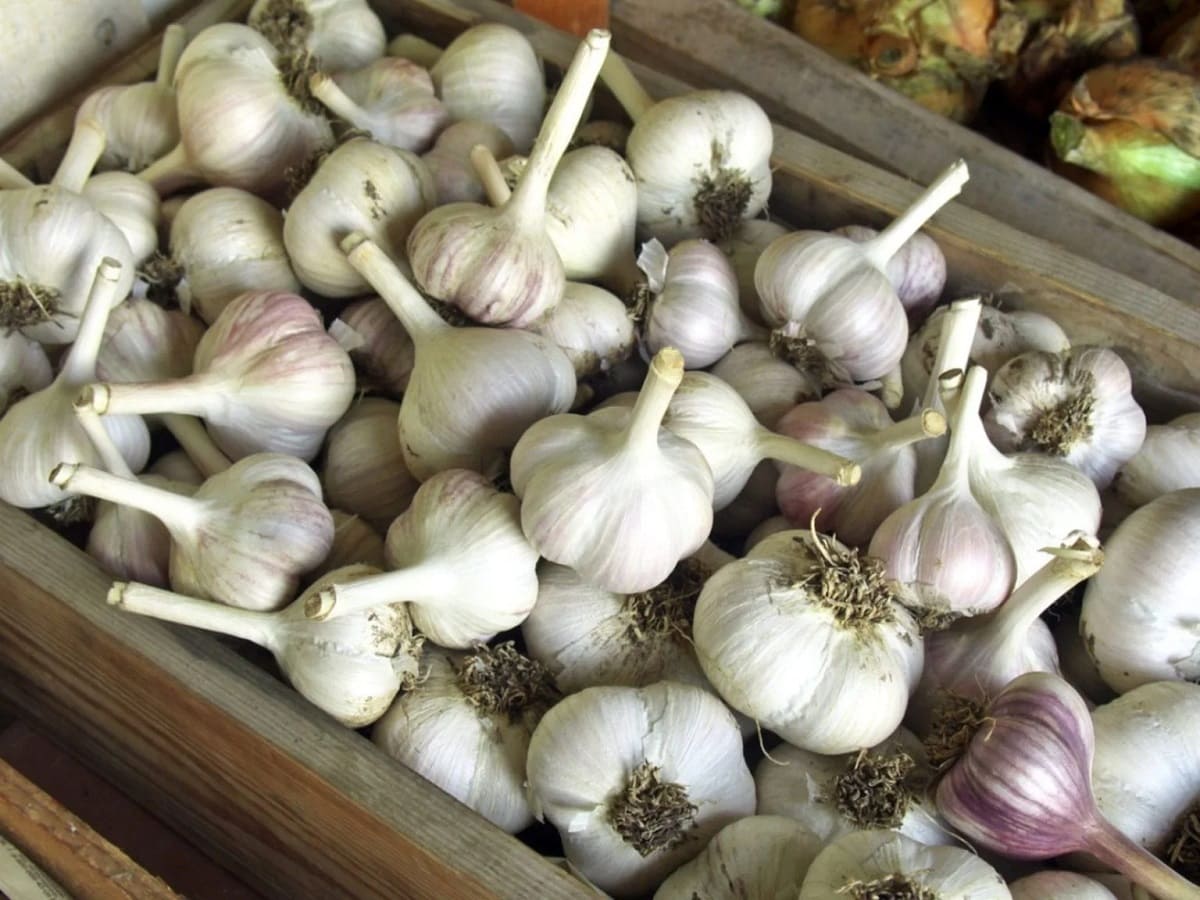
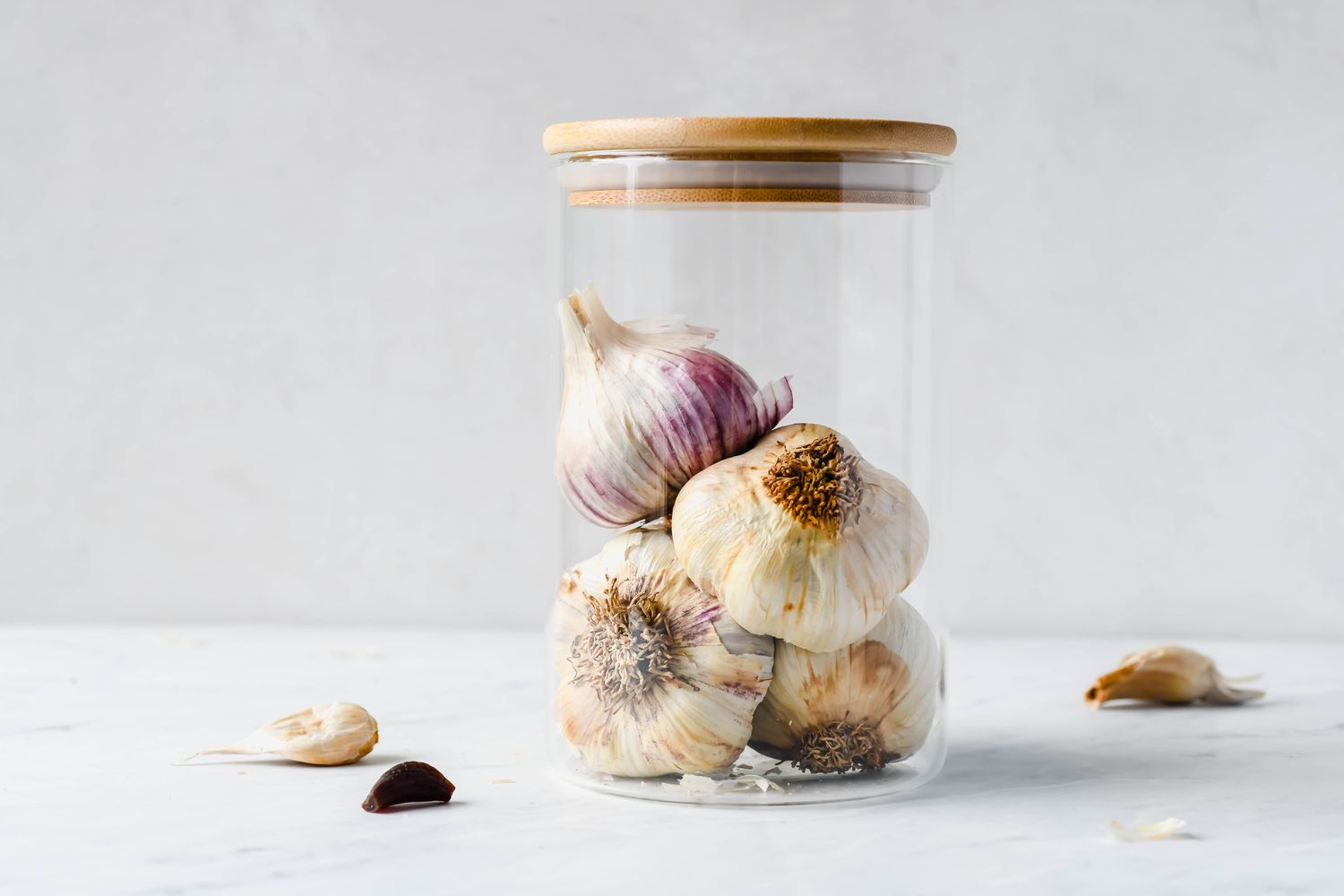

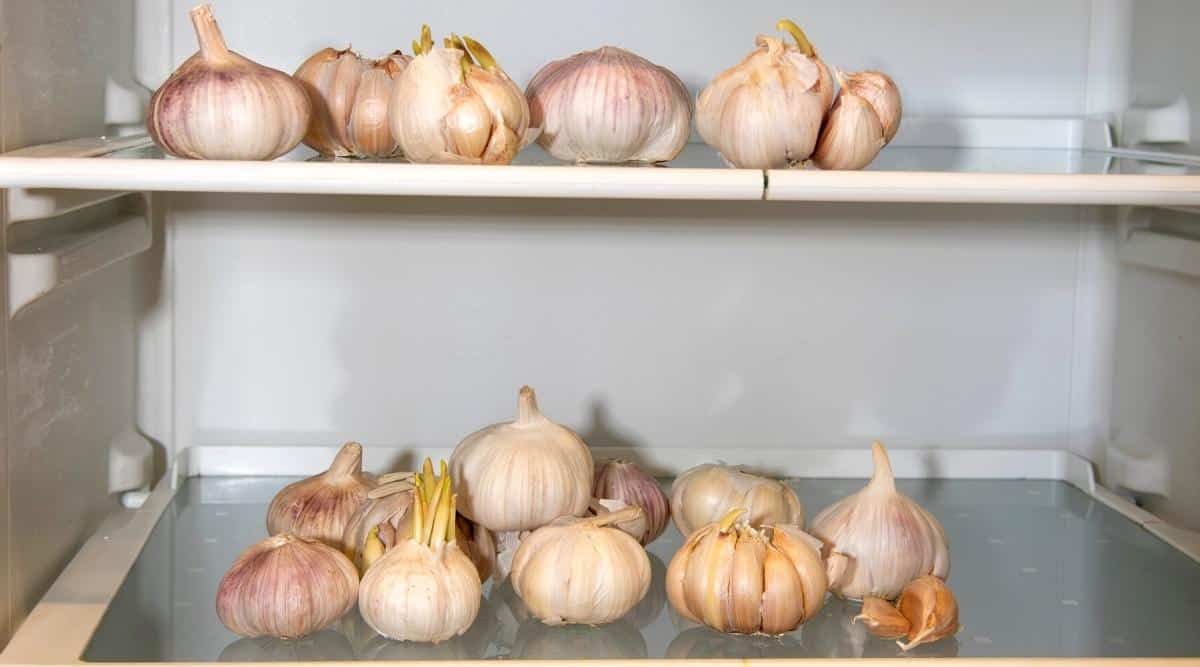
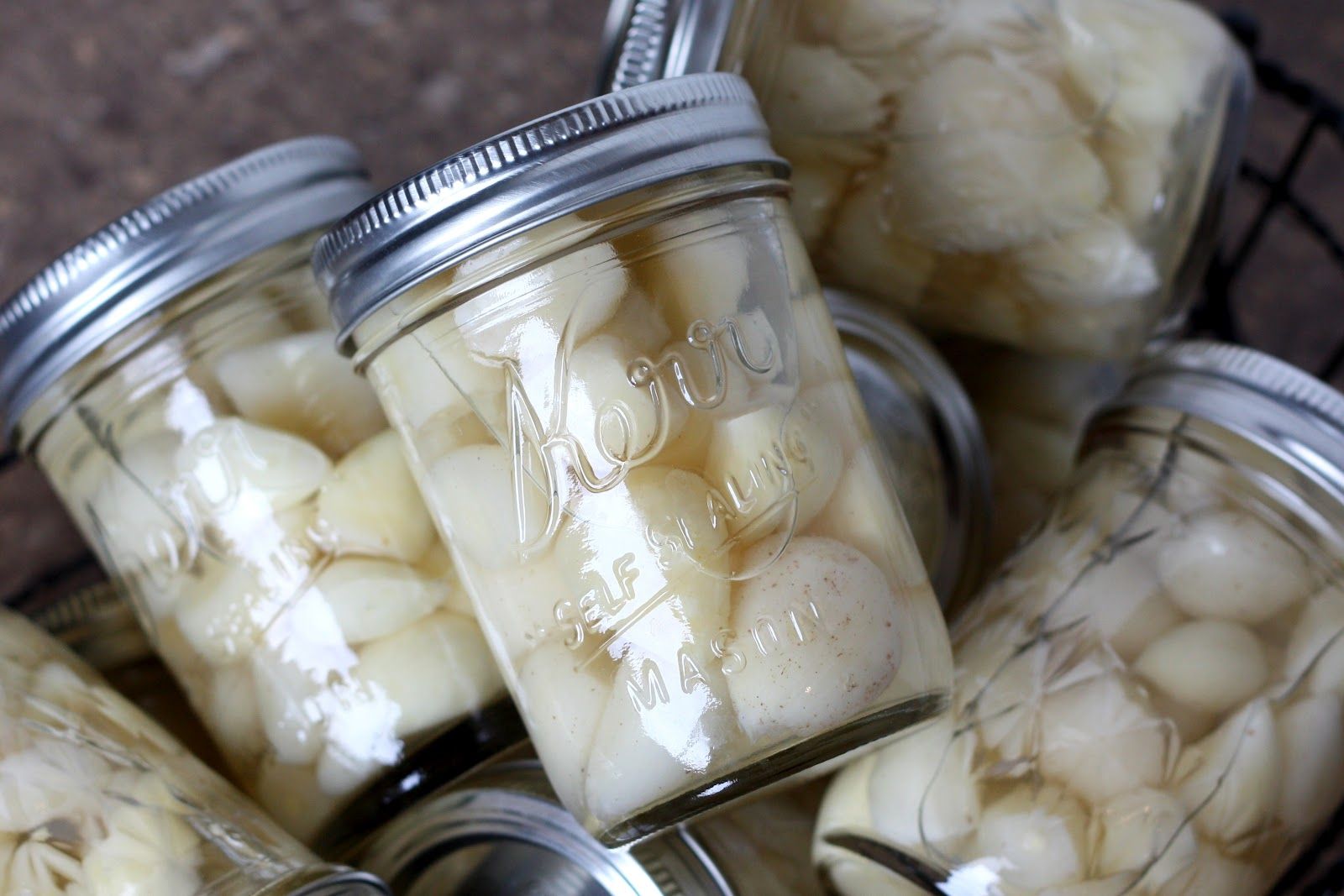
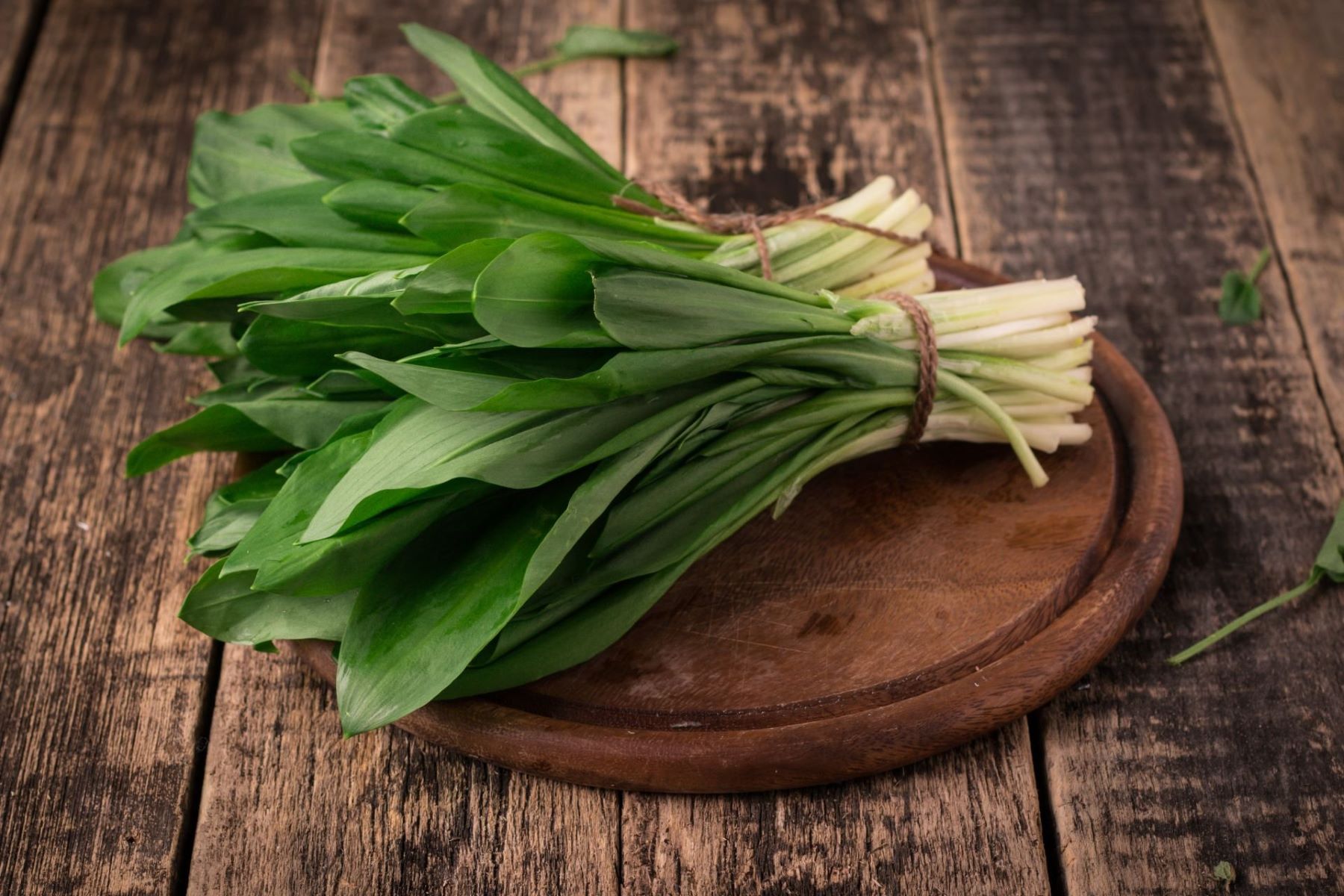
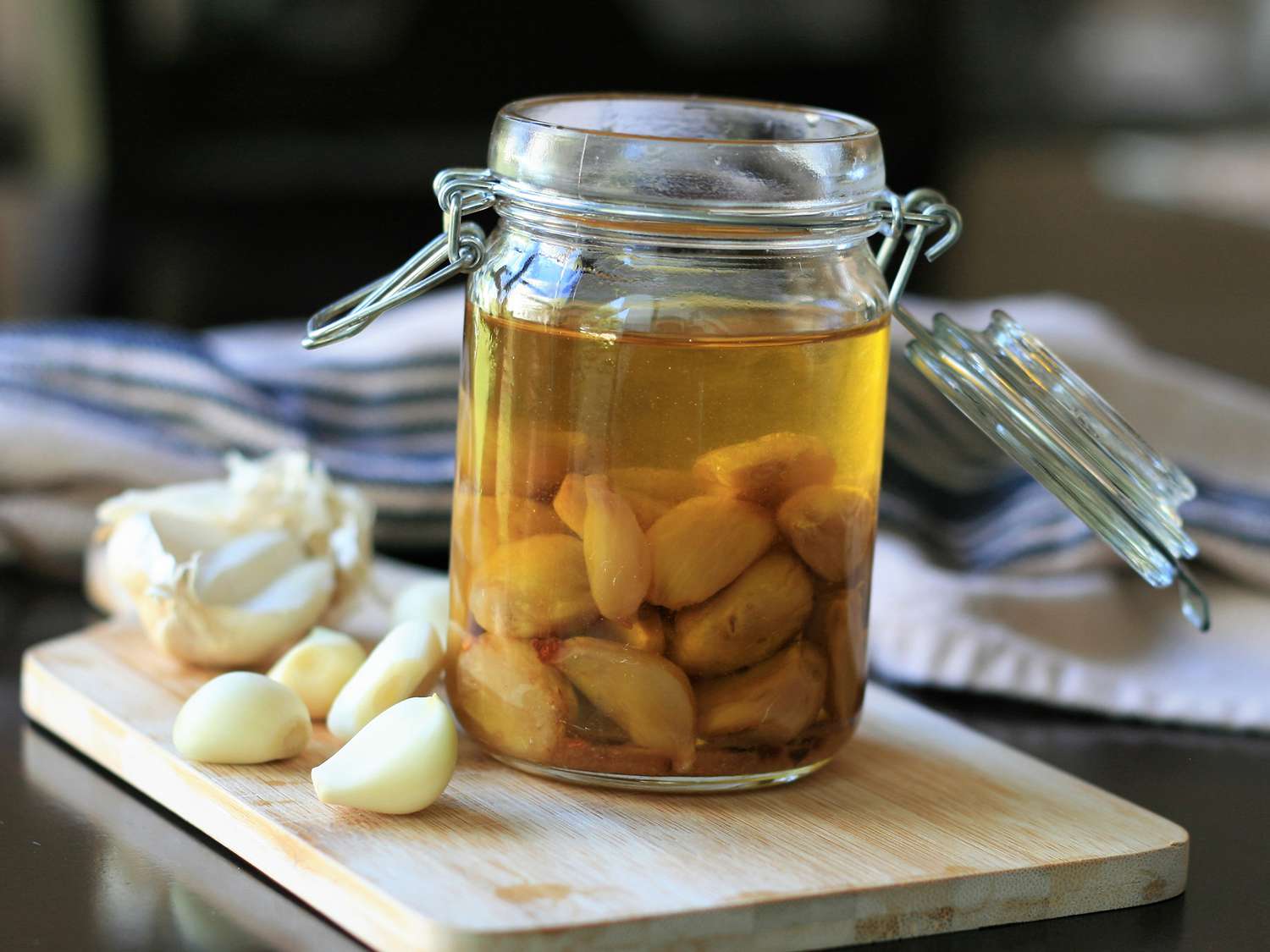
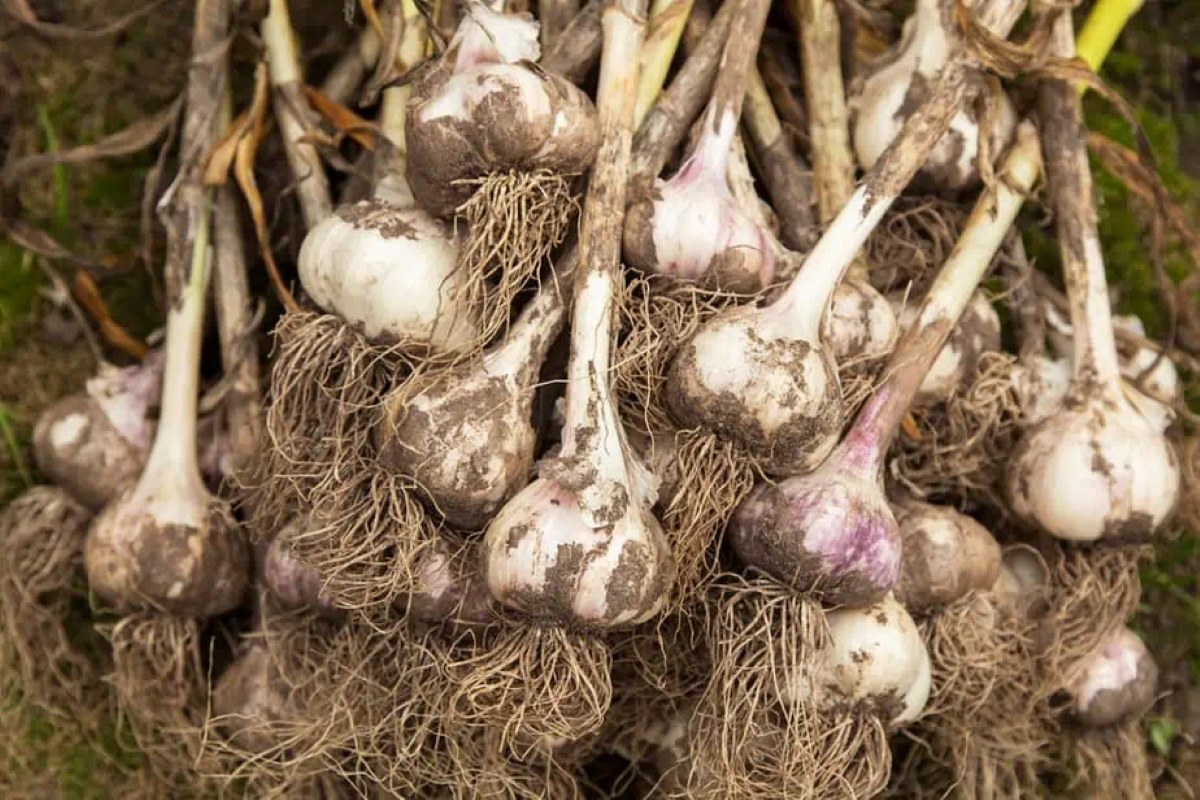

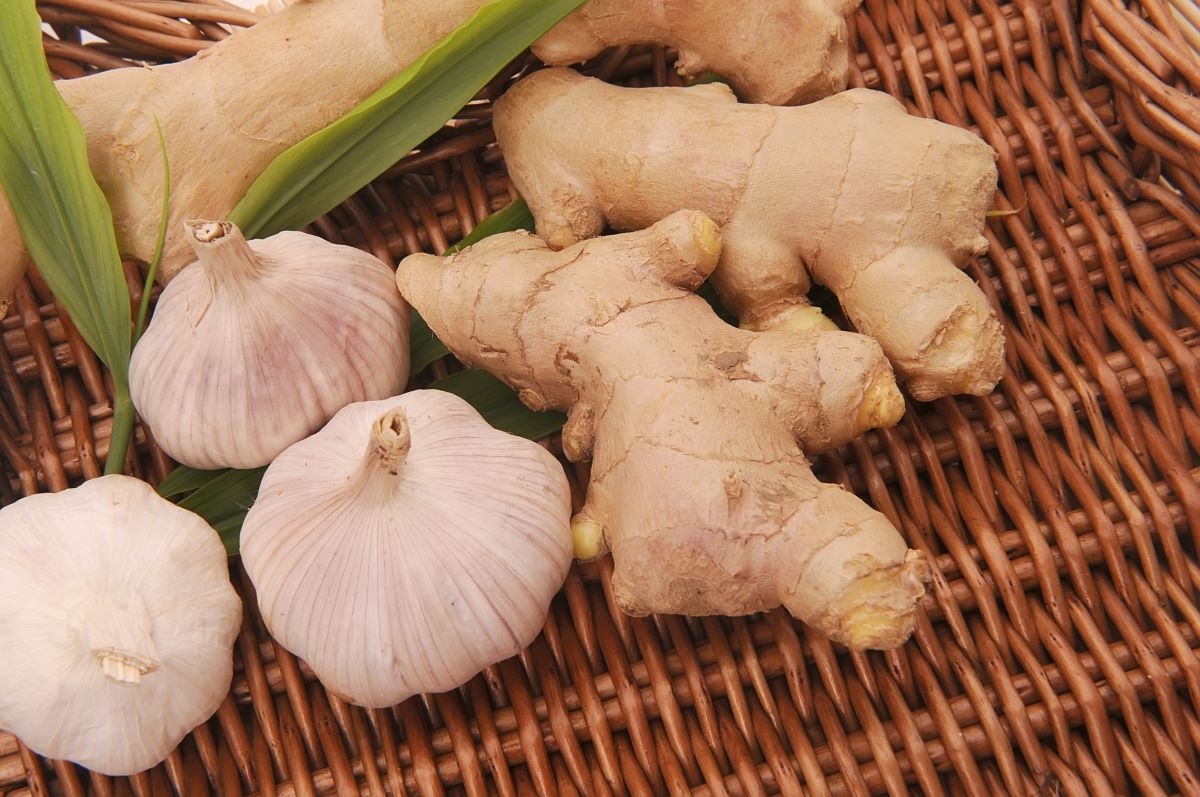
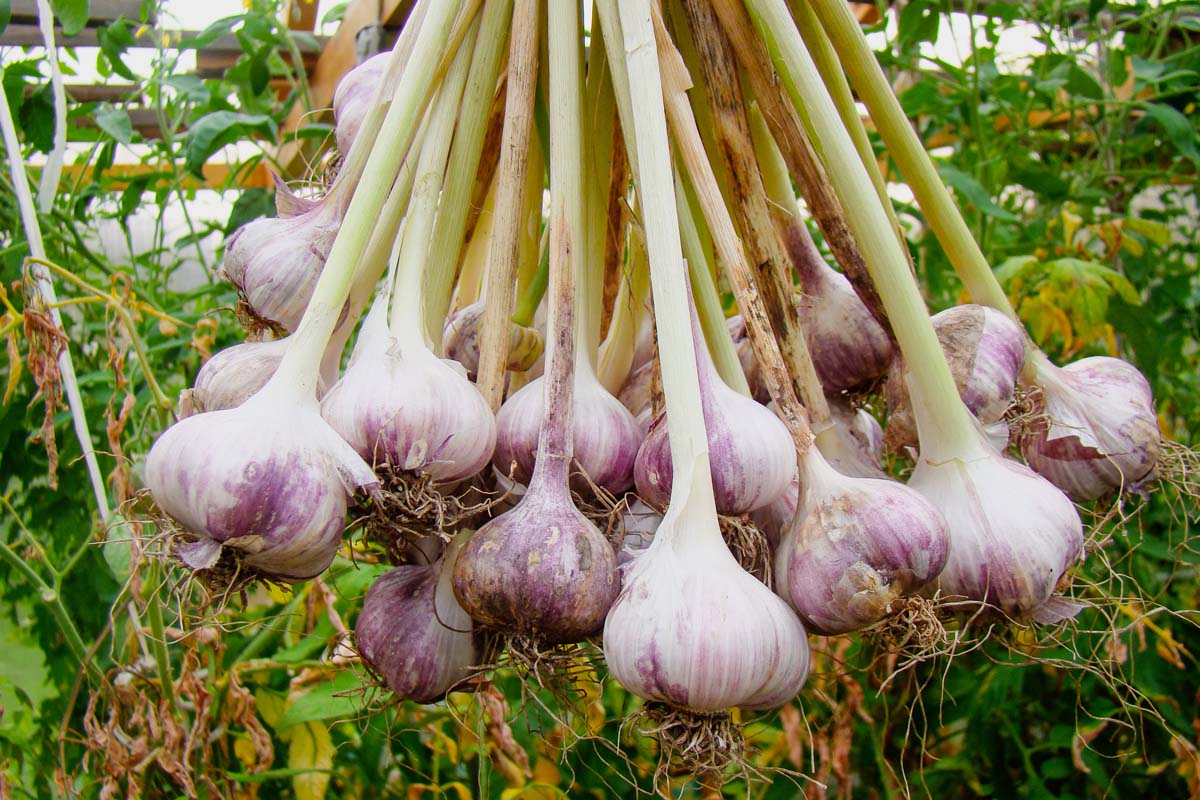
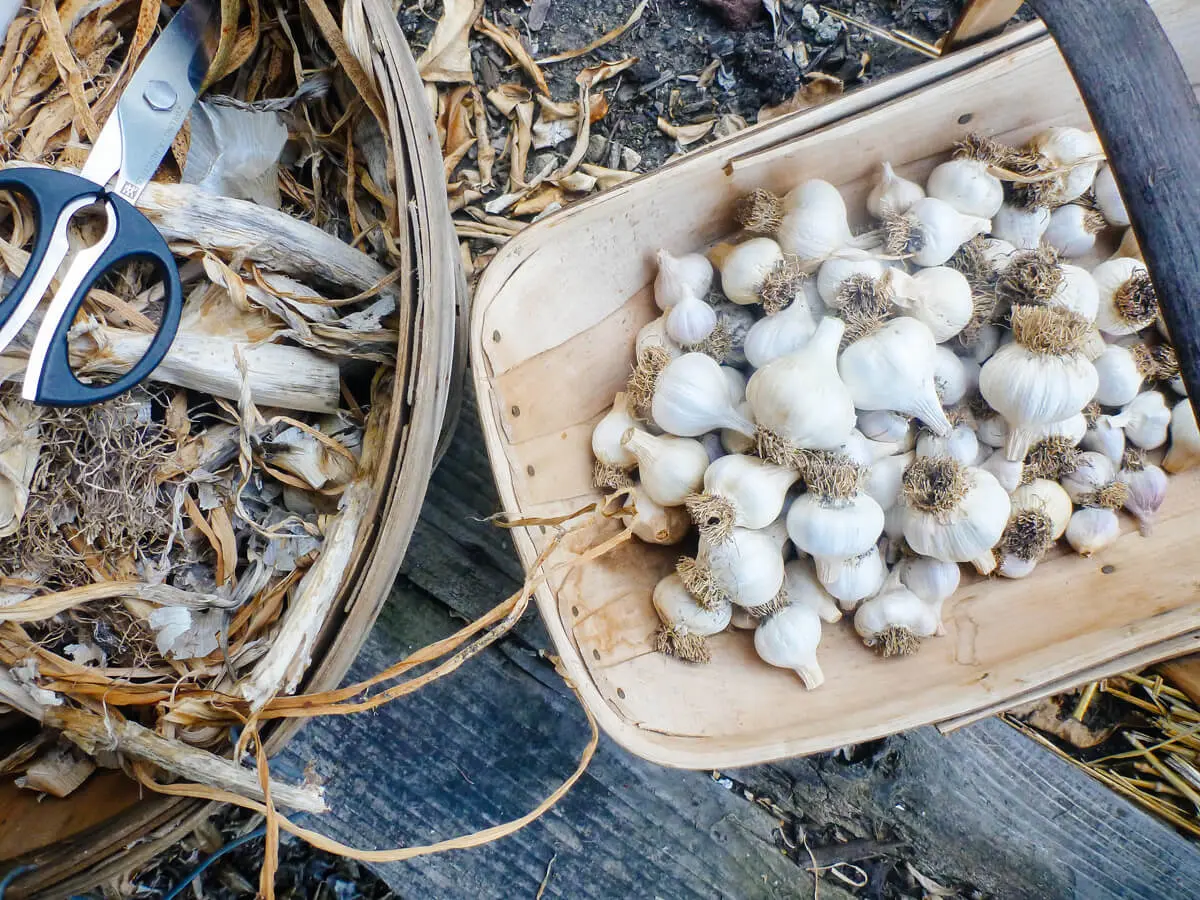
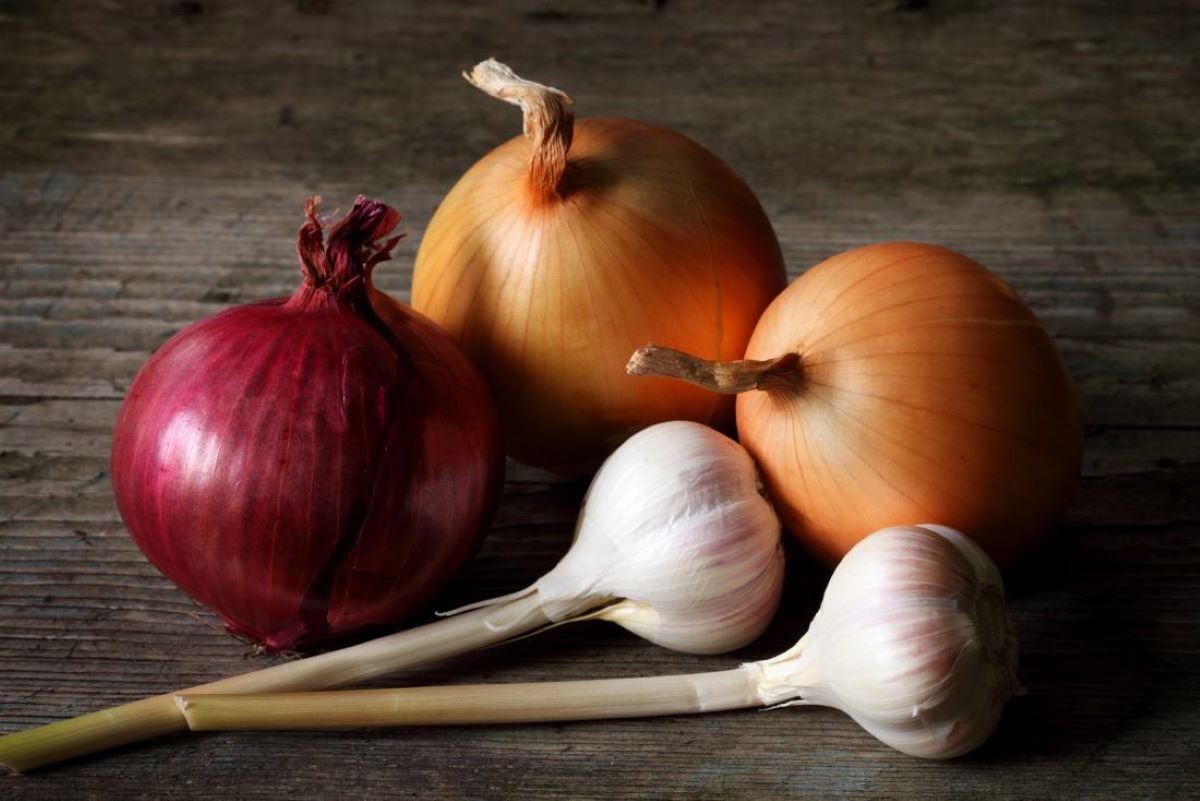
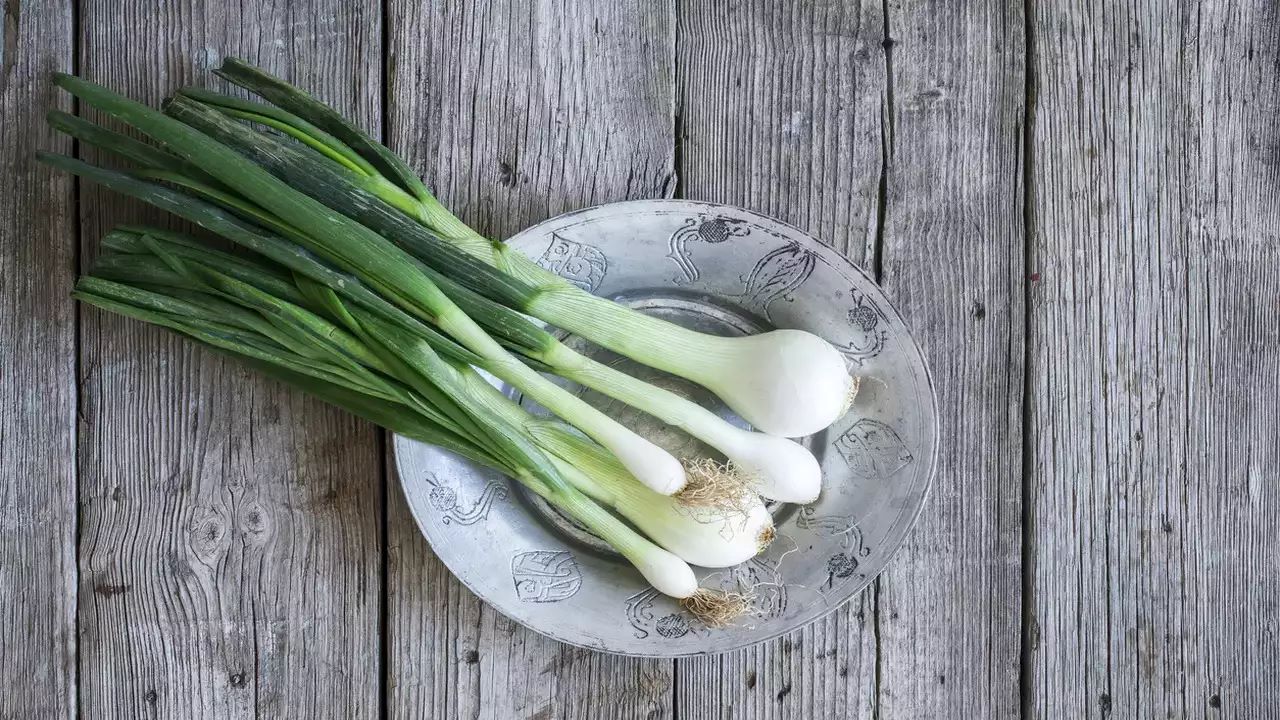

0 thoughts on “How To Store Garlic So It Doesn’T Smell”